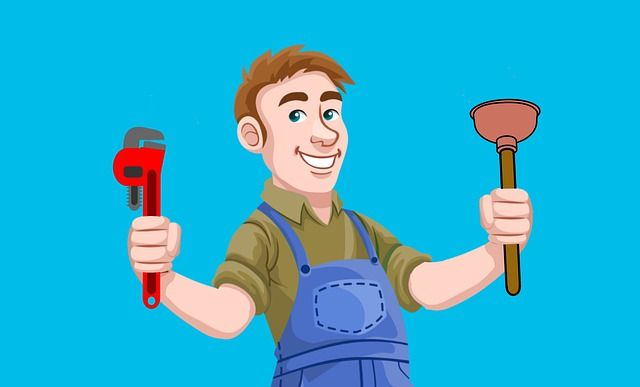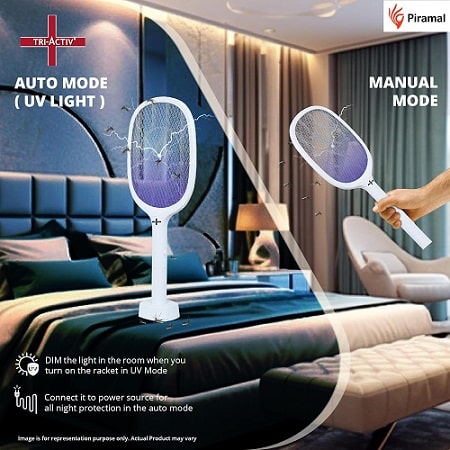We all know that owning a home comes with a list of responsibilities. One essential aspect of home maintenance is plumbing.
Now, you might not be a professional plumber, but there are a few basic plumbing tips that every homeowner should have up their sleeve. These tips can help you prevent minor issues from becoming plumbing disasters and save you money in the long run.
So, grab your toolkit, and let’s dive into the world of essential plumbing know-how.
Basic Plumbing Maintenance Tips
Basic plumbing maintenance is essential for preventing costly water damage, conserving resources, and ensuring your plumbing system operates smoothly. This collection of practical tips will help you address common plumbing issues and perform routine maintenance tasks with confidence.
Stop That Dripping Tap
To fix a dripping tap, turn off the water supply, disassemble the faucet, and replace the washer with a new one from your local hardware store. This simple solution not only saves money but also conserves water and benefits the environment.
Don’t Over-Tighten
When fixing or installing plumbing fixtures, remember not to over-tighten connections. Over-tightening can lead to cracked pipes and more leaks. Hand-tighten until snug and give it a slight turn for good measure. This prevents damage and ensures a watertight seal. For an extra layer of protection, wrap the threads with Teflon tape before assembly.
Inspect For Leaks
Regularly check under sinks, around appliances, and in the bathroom for signs of leaks. Catching a leak early can save you from costly water damage repairs. If you find damp spots, it’s essential to identify the source. However, persistent leaks may require professional help.
Flush Your Water Heater
To maintain your water heater’s efficiency, drain it annually. Start by turning off the power and water supply, then attach a garden hose to the drain valve. Direct the water outside, open the pressure relief valve, and let it flow for a few minutes to flush out sediment. Don’t forget to turn off the power and water before refilling the tank.
Unclog Drains Naturally
To unclog drains naturally, avoid harsh chemicals. Start by pouring boiling water down the drain, add half a cup of baking soda, followed by half a cup of vinegar. Cover with a plug, let it sit for 15-30 minutes, then flush with hot water. Avoid chemical cleaners to protect your pipes and the environment.
Be Kind To Your Garbage Disposal
To care for your garbage disposal, avoid tough items like bones and fruit pits. Run cold water to prevent clogs and periodically clean it by grinding ice cubes and citrus peels. If it gets jammed, use the manual reset button on the bottom to free the motor.
Keep Your Toilet In Check
To prevent water waste from a running toilet, replace the flapper or the flush valve. Shut off the water supply, remove the faulty flapper, and replace it with the correct one from the hardware store. Turn the water supply back on, and the running water issue should be resolved.
If the problem persists, consider replacing the entire flush valve, which may require more effort.
Seal Leaky Joints
To fix leaks at pipe joints, apply pipe thread sealant or Teflon tape. This prevents minor drips from becoming major issues. Disassemble the joint, inspect and replace the seal, and use sealant or tape before reassembly. Always turn off the water supply before making repairs.
Insulate Exposed Pipes
In cold weather, insulate exposed pipes to prevent freezing and potential burst damage. Use foam pipe insulation available at hardware stores. Focus on pipes in unheated areas and insulate outdoor spigots to avoid costly repairs during freezing temperatures.
Shut Off Valves
Know the location of your main water shut-off valve and individual sink, toilet, and appliance shut-off valves. Quick access to these valves is vital to prevent flooding during plumbing emergencies. Label them for easy reference, ensuring you can act swiftly in case of leaks or repairs.
In addition to these tips, it’s also important to be aware of some common habits that can cause plumbing problems. Check out this article to learn more about maintaining your plumbing and avoiding costly issues: https://stylecurator.com.au/harmful-things-plumbers-wish-you-would-stop/.
When To Call A Professional
While these basic plumbing tips can help you handle minor issues, there are times when it’s best to leave the job to a professional plumber:
Major Leaks
Call a plumber for significant leaks that risk damaging your home’s structure; they can locate and repair the source promptly to prevent extensive damage.
No Water
When your tap runs dry, a pro can diagnose and fix the issue related to the main water supply, whether it’s a problem with the water line, valves, or supply disruptions, ensuring your water supply is promptly restored.
Sewage Backups
When facing sewage backups, a professional plumber is equipped to handle the issue safely, whether it’s caused by blockages in the sewer line or septic system, ensuring your home remains free from contamination and health hazards.
Low Water Pressure
If you have persistently low water pressure, a plumber can diagnose and fix the issue, whether it’s due to mineral buildup, leaks, or problems with the main supply line, ensuring adequate water pressure is restored in your home.
Gas Leaks
When you smell gas, leave your home and call a licensed plumber or gas fitter to locate and repair the leak, as gas leaks are highly dangerous and pose explosion and fire risks. Your safety is paramount in such situations.
Water Heater Problems
If your water heater malfunctions, it’s wise to call a plumber. Water heaters involve electrical and plumbing components, and a professional can diagnose and fix issues like heating element problems, thermostat malfunctions, or sediment buildup.
Blocked Sewer Line
A blocked sewer line can lead to wastewater backup. For this serious issue caused by factors like tree roots or debris, seek a professional plumber. They have the expertise and tools to safely clear the blockage, preventing further damage and contamination.
Remodelling Projects
When planning kitchen or bathroom renovations involving plumbing, consult a plumber from the start to ensure correct installation. Renovations often require plumbing modifications like fixture relocation and new plumbing lines. Having a plumber’s guidance ensures compliance with building codes and optimal functionality.
Conclusion
There you have it, mates! You might not be a certified plumber, but with these basic plumbing maintenance tips, you can keep your home’s plumbing in good shape and prevent minor issues from becoming major headaches.
Remember, though, that there are times when it’s essential to call a professional plumber to tackle more complex problems. For additional insights and swift solutions to your drainage problems, click here.
Don’t hesitate to do so when you encounter issues beyond your DIY expertise. With the right knowledge and some common-sense approaches, you can keep your plumbing running smoothly and your home a comfortable and efficient haven.
Always remember that regular maintenance and simple aftercare can make all the difference when it comes to your home’s plumbing. Working pipes equals a happy life!


